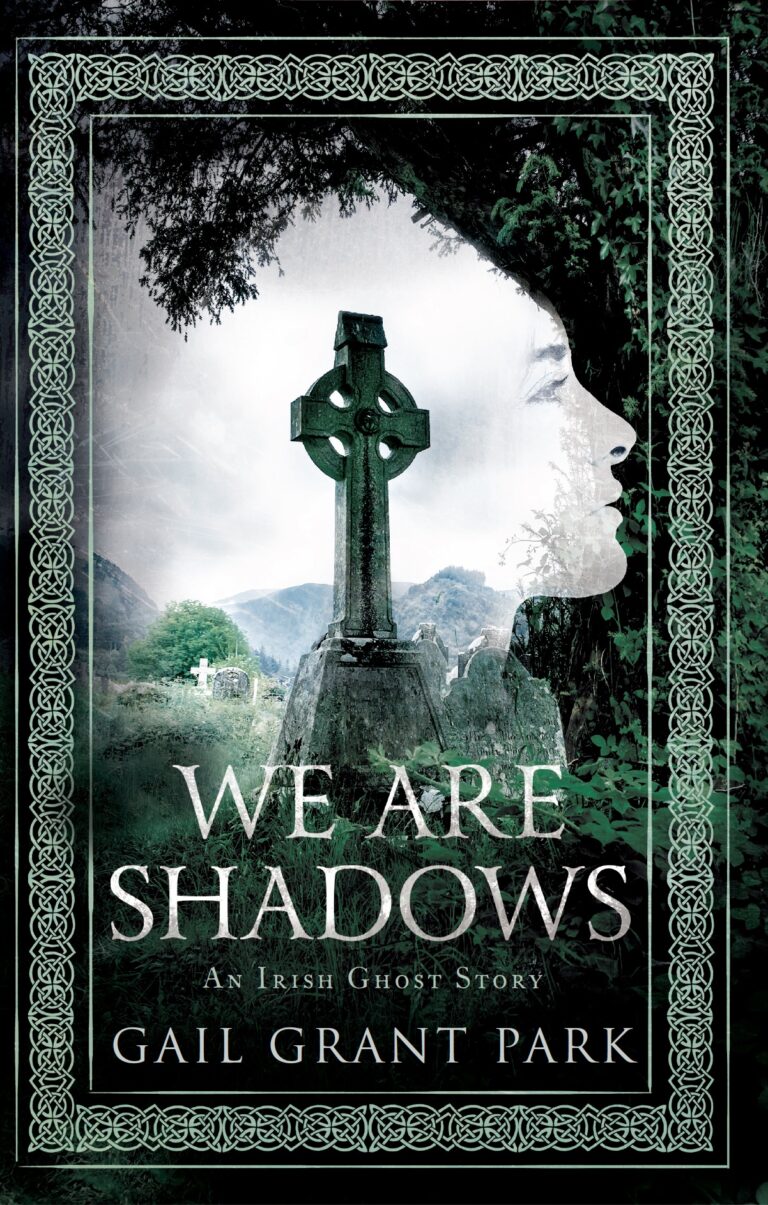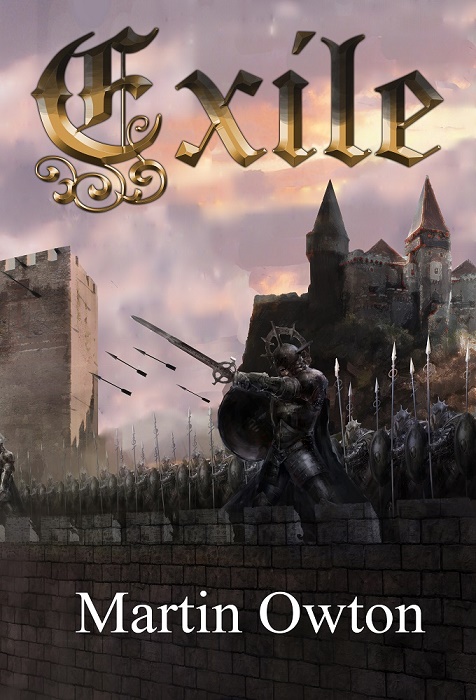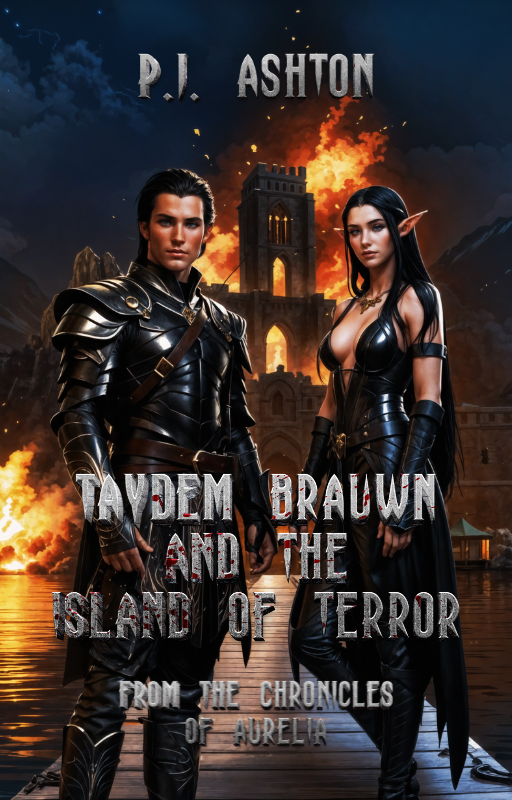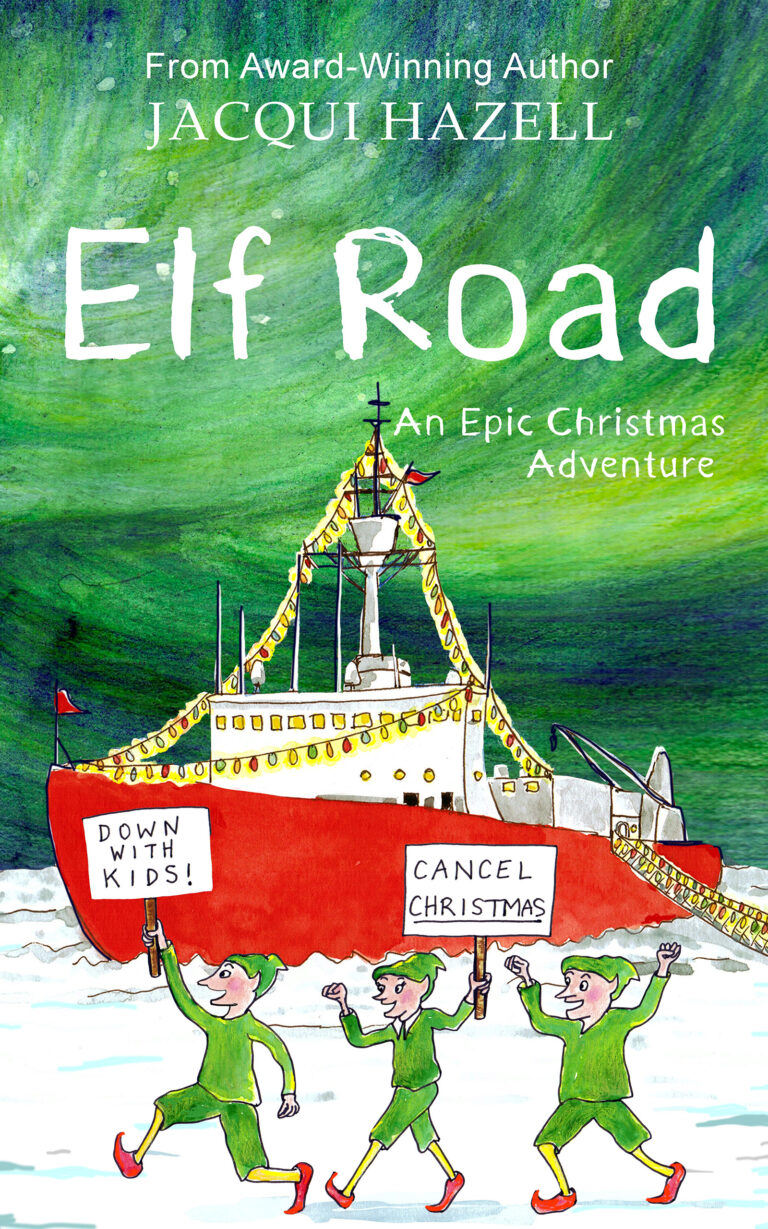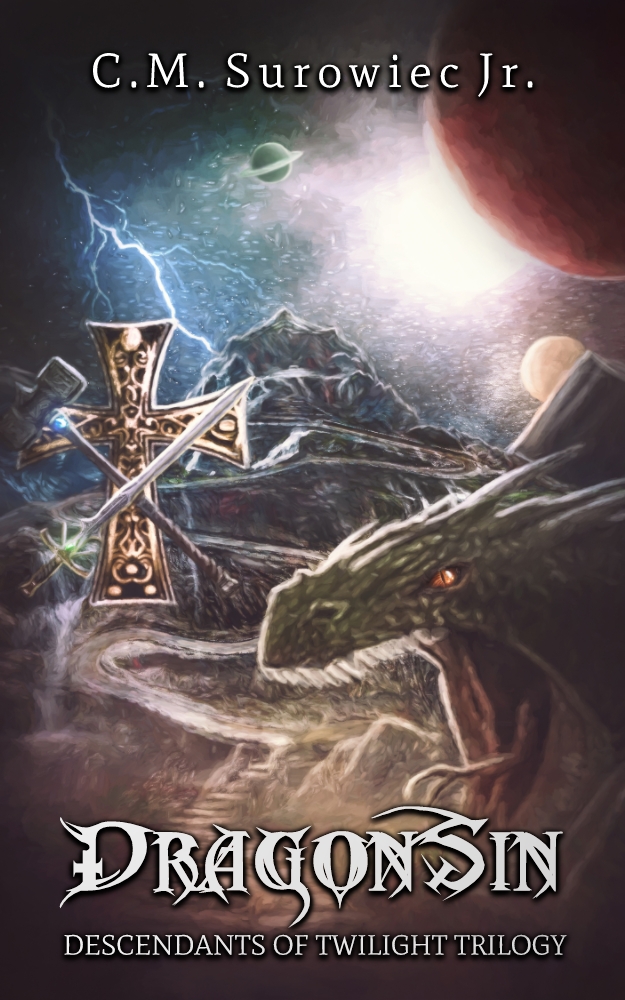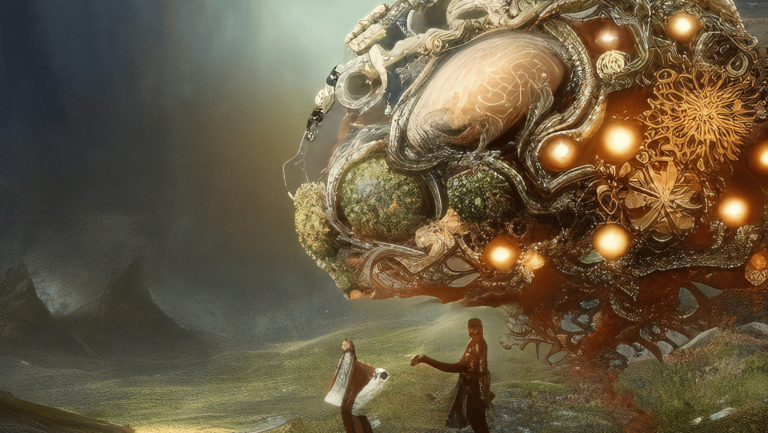Emotions are the lifeblood of literature, infusing stories with depth and meaning, and allowing readers to connect with characters and narratives on a profoundly personal level. Whether it’s the anguish of unrequited love, the joy of unexpected triumph, or the despair of tragic loss, emotions in literature serve as a mirror to our own experiences and a window into the lives of others.
The Universal Language of Emotion
One of the most compelling aspects of emotions in literature is their universality. Regardless of cultural background or historical context, emotions resonate with readers because they are a fundamental part of the human experience. When Elizabeth Bennet blushes in “Pride and Prejudice” or when Harry Potter feels a surge of bravery in the face of danger, readers around the world can empathize with these moments because they tap into feelings that are universally understood.
Creating Deep Connections
Emotions are the bridge between the reader and the narrative. They transform words on a page into living, breathing experiences. Through the skillful portrayal of emotions, authors can make readers laugh, cry, rage, and hope alongside their characters. This emotional engagement fosters a deeper connection to the story and its protagonists, making the reading experience immersive and memorable.
For instance, in Khaled Hosseini’s “The Kite Runner,” the guilt and redemption that the protagonist, Amir, experiences evoke a strong emotional response from readers, compelling them to reflect on their own experiences with forgiveness and regret. Such emotional depth ensures that the story stays with readers long after they have turned the last page.
Driving the Narrative Forward
Emotions are not just a tool for reader engagement; they are also crucial in driving the narrative forward. Characters’ emotions often serve as the catalyst for key plot developments. In William Shakespeare’s “Hamlet,” the titular character’s grief and rage propel the story into a complex exploration of revenge, madness, and mortality. Without these powerful emotions, the narrative would lose its momentum and impact.
Moreover, emotional stakes heighten the tension and conflict within a story. In J.K. Rowling’s “Harry Potter” series, the fear and hope felt by characters in their battle against Voldemort create a gripping and suspenseful narrative that keeps readers on the edge of their seats.
Reflecting Societal and Personal Issues
Literature often serves as a reflection of the societal and personal issues of its time, with emotions playing a key role in this mirror effect. Emotions in literature can highlight social injustices, personal struggles, and the complexities of human relationships. For example, in Toni Morrison’s “Beloved,” the haunting emotions of trauma and maternal love delve into the brutal realities of slavery and its aftermath, providing readers with a poignant commentary on history and its lingering effects on individuals and communities.
The Cathartic Power of Literature
The emotional journey that literature takes readers on often leads to catharsis—a release of pent-up emotions that provides relief and insight. Aristotle famously argued that tragedy, through the emotions of pity and fear, purges these feelings and brings about a sense of renewal. Modern literature continues to offer this cathartic experience, allowing readers to process their own emotions through the experiences of fictional characters.
In conclusion, emotions are the heartbeat of literature, infusing stories with vitality and resonance. They enable readers to connect deeply with characters, drive narratives forward, reflect societal issues, and provide a cathartic experience. Through the artful depiction of emotions, literature not only entertains but also enriches our understanding of ourselves and the world around us. As long as literature exists, the exploration and expression of human emotions will remain at its core, offering readers an endless source of empathy, reflection, and inspiration.
We would love to hear what literature actuated an emotional experience and memory for you. Follow our social media accounts on Facebook and Instagram for more information and opportunities to engage and share more about your perspectives!


